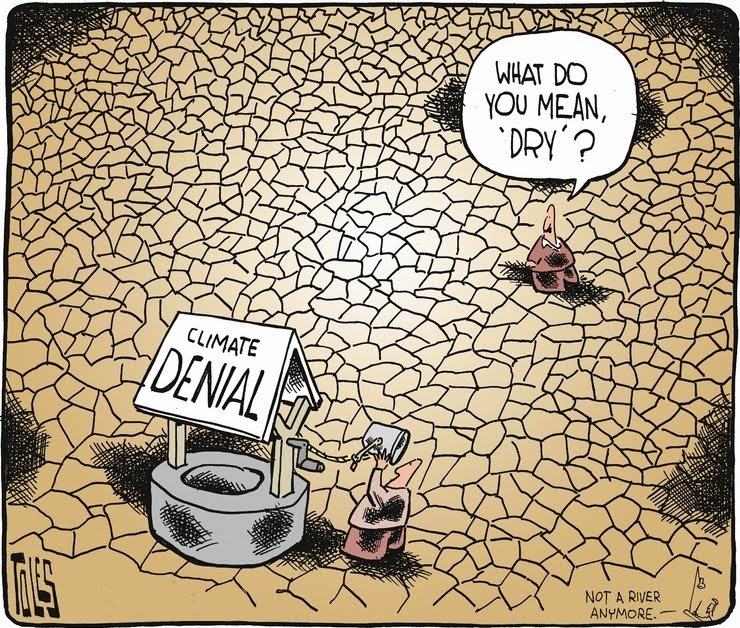The College Board, the multi-billion-dollar entity responsible for the SAT and AP exams, presents itself as a key player in students’ journey toward college admissions. It touts its nonprofit status, claiming to provide educational opportunities for students nationwide. Yet, for countless students, what they experience isn’t opportunity but relentless pressure to shell out large sums of money for tests that barely, if ever, reflect their actual academic abilities. The College Board has embedded itself so deeply into the U.S. education system that it’s difficult to picture the college application process without its costly exams. But should an organization prioritizing profits over students be allowed to control our educational future? A deeper dive into the College Board shows a monopolistic system that thrives on exploiting students, relies on outdated testing practices, and has roots in racism—all while masquerading as a “nonprofit.”
Exploitation of Students
The College Board has perfected the strategy of capitalizing on the worries of students and their parents. Each year, millions of students take the SAT, ACT, and AP exams, shelling out hundreds of dollars in fees that can quickly accumulate. The SAT alone costs $60 per student, not counting the additional fees for sending scores to colleges or retaking the test. Then there are the AP exams, marketed as a way for students to earn college credit while still in high school. Each exam runs about $100, and if you happen to attend a school that doesn’t cover those costs, well, good luck managing multiple tests. The College Board’s empire thrives on this pay-to-play system, where your ability to pay determines your chances of advancement.
But here’s the catch: these tests are hardly indispensable. For decades, students have been misled into thinking that SAT and AP scores are crucial for admission to reputable colleges. The truth is much more nuanced. Many institutions have begun adopting test-optional policies, recognizing that standardized tests often benefit affluent students who can afford tutors, preparatory courses, and multiple attempts. Yet, the myth endures. The College Board persists in promoting its tests as essential, even as mounting research indicates that these exams are unreliable indicators of future success. Rather than prioritizing student welfare, the College Board prioritizes its profits, all while claiming to be an educational institution.
Quality and Fairness of the Exams
Even if we accept that standardized tests have merit, the quality of the College Board’s exams leaves a lot to be desired. Let’s talk about the SAT essay, a section that was quietly eliminated in 2021 after years of criticism. For those who remember taking it, the SAT essay had a bizarre flaw: the length of your essay often predicted your score better than the actual content. Yes, writing more—regardless of quality—meant a higher likelihood of scoring well. It was a clear case of prioritizing quantity over quality, an absurdity for an exam that claimed to evaluate writing skills.
Then there’s the problem of test security—or the distinct lack of it. The College Board has a history of recycling old tests, sometimes administering exams that have already been leaked online. Imagine gearing up for one of the most significant tests of your life, only to discover later that the questions had been available on the internet for ages. It’s not just unfair; it’s incompetence at its finest. The organization has faced backlash for administering tests in foreign countries that have been circulating on social media for months. In one particularly outrageous instance, a 2018 SAT given in Asia was the same exam offered in the U.S. the previous year. The result? Thousands of students unknowingly took a compromised test, rendering their scores essentially worthless.
To make matters worse, the College Board appears unconcerned about maintaining high standards for test administration. While proctors are technically independent from the College Board, the lack of oversight can lead to absurd situations. From proctors watching Netflix during the exam to others playing their Nintendo Switches with the volume turned up, it’s evident that testing conditions can vary wildly. This is supposed to be a high-stakes exam—the one that could determine your college fate—and yet the environment often resembles a chaotic middle school substitute teacher day.
SAT’s Racist Origins
Even more unsettling than the College Board’s current shortcomings is its past. The SAT, the cornerstone of the College Board’s empire, was conceived by Carl Brigham in the 1920s. Brigham, a committed eugenicist, designed the test to demonstrate the supposed intellectual superiority of specific racial groups over others. He believed that groups such as African Americans, Italians, and Jews were genetically inferior and unworthy of an education. In his own words, he aimed to prevent “the continued propagation of defective strains in the population.” Yes, the architect of the SAT believed in genetic inferiority based on race—and he wasn’t shy about expressing those views.
While the College Board has attempted to distance itself from Brigham’s overt racism, it has never fully confronted the reality that the SAT originated from a white supremacist ideology. The test was initially created to exclude, not include, and despite its evolution over the years, its origins leave a troubling legacy on the institution. By failing to acknowledge or address this history meaningfully, the College Board allows its racist roots to continue casting a long shadow over its current operations.
Nonprofit Status and Financial Gains
And yet, despite all this, the College Board retains its nonprofit status. Ideally, a nonprofit should exist to serve the public good. In practice, the College Board seems more focused on padding its CEO’s bank account. In 2016, the organization generated nearly $900 million in revenue, with its CEO taking home a hefty $1.455 million. For a nonprofit, that’s an astonishing sum—and it raises serious questions about where that money goes and how it benefits the students the College Board claims to support.
How does an organization that generates nearly a billion dollars annually and pays its executives more than the President of the United States still qualify as a nonprofit? The reality is that the College Board, much like any large corporation, prioritizes profit above all else. It hides behind its nonprofit designation while continuing to exploit students, profiting from their anxieties and their aspirations in an increasingly competitive world.
Personal Experience and Activism
I’ll admit, I fell for it as well. Like millions of other students, I spent hundreds of dollars on SAT and AP exams, believing they were my pathway to a respectable college (let’s see how that plays out). At the time, I had no idea I was supporting a system that valued my money more than my education. It wasn’t until I began researching the College Board’s questionable practices that I realized how misguided I had been. Frustrated, I felt compelled to reach out to those most affected—my fellow students—who were likely to suffer under the College Board’s grip.
Conclusion
The College Board may have initially aimed to standardize education, but today it operates as a monopolistic empire that profits from student stress, perpetuates inequality, and fails to uphold its nonprofit status. Its tests are flawed, its history is rooted in racism, and its financial practices are, at best, questionable. It’s time to stop giving this organization power over our futures and start questioning why we continue to support an institution that benefits only itself.
If you’re looking to make a difference, perhaps consider redirecting your SAT fees to me instead. At least that way, your money would be going somewhere slightly less nefarious.






